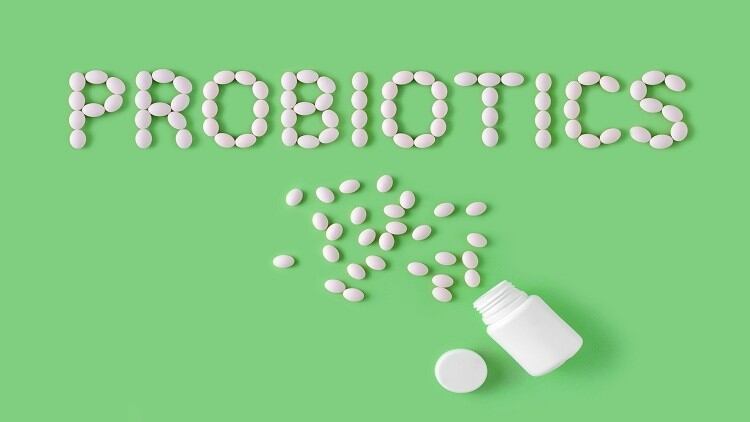The dairy product could trigger a higher and faster decrease in copper and nickel levels in the blood than conventional yoghurt. In addition, a possible close correlation between gut microbiota and host metabolism was discovered.
These findings were documented in a study titled “Human supplementation with Pediococcus acidilactici GR-1 decreases heavy metals levels through modifying the gut microbiota and metabolome” published in the journal NPJ Biofilms and Microbiomes.
“Millions of workers in China, Pakistan and Europe are exposed to toxic metals in their work environment… Excessive levels of heavy metals in the body induce oxidative stress, resulting in various tissue lesions and elevated risks of cancer and other diseases in the long term. Effective treatment for heavy metal toxicity is still lacking.
“The most attractive benefit of probiotics is that they reduce the accumulation of hazardous substances, such as toxic metals, antibiotics, and pesticides in the host. Therefore, we hypothesised that probiotics could maintain the intestinal redox homeostasis through their antioxidant capacity mediated through the protection the structural stability and normal metabolism and enhancement of gut microbiota resistance under heavy metal stress,” said the scientists.
To test the hypothesis, the team randomly recruited 152 metallurgical workers and 30 adult students between 17 July and 27 August 2020 for this current RCT. The subjects resided in the Jinchang city of the Gansu province in northern China. According to Bai, Y. et al. (2017), the city is an important industrial zone due to its metal mining and smelting of copper, nickel and cobalt. The industry has around 45,000 workers and 230,000 residents staying nearby.
At baseline, the enrolled workers had significantly higher levels of copper and nickel in their blood than the students. All the workers were given yoghurts containing Lactobacillus bulgaricus and Streptococcus thermophilus, but the probiotic group had their yoghurts fortified with a copper-resistant probiotic strain named Pediococcus acidilactici GR-1. They were monitored over 12 weeks. The students acted as the control.
Yoghurt yardstick
The scientists found that probiotic yoghurt fermented with Pediococcus acidilactici GR-1 could efficiently reduce toxic metal residue. The blood copper and nickel levels in occupational workers were significantly reduced by 34% to 38% after 12 weeks of consuming probiotic yoghurt. The probiotic yoghurt could also protect the host against the harmful effects of heavy metals.
Upon further analysis of faecal data, there was more evidence for enhancing the antioxidant and metal-removal capacities of the gut microbiota after consuming the probiotic yoghurt. For instance, yoghurt consumption increases levels of gentisic acid, which has antioxidant capacity and attacks free radicals.
Probiotic yoghurt supplementation also significantly increased the faecal secretion of bile acid, which might correlate with the enhanced faecal excretion of copper and nickel.
There were also profound alterations in serum metabolic profiles and pathways in the worker group after probiotic intervention. Metabolic changes in humans contribute to reduced oxidative stress and inflammation in the intestines.
“Based on the present and previous studies, it seems reasonable to use probiotics with a strong antioxidant capacity to combat heavy metal toxicity. Considering the wide range of people at risk of heavy metal exposure, probiotic-based gut remediation is a feasible and promising intervention strategy for the detoxification of heavy metals,” concluded the team.
Source: NPJ Biofilms and Microbiomes
“Human supplementation with Pediococcus acidilactici GR-1 decreases heavy metals levels through modifying the gut microbiota and metabolome”
DOI: 10.1038/s41522-022-00326-8
Authors: Feng Pengya et al.
Probiotics, healthy ageing and protein are major focus areas of our upcoming Growth Asia Summit in Singapore from 11 to 13 October. Check out big-name brands, international experts and pioneering start-ups slated to present here.

